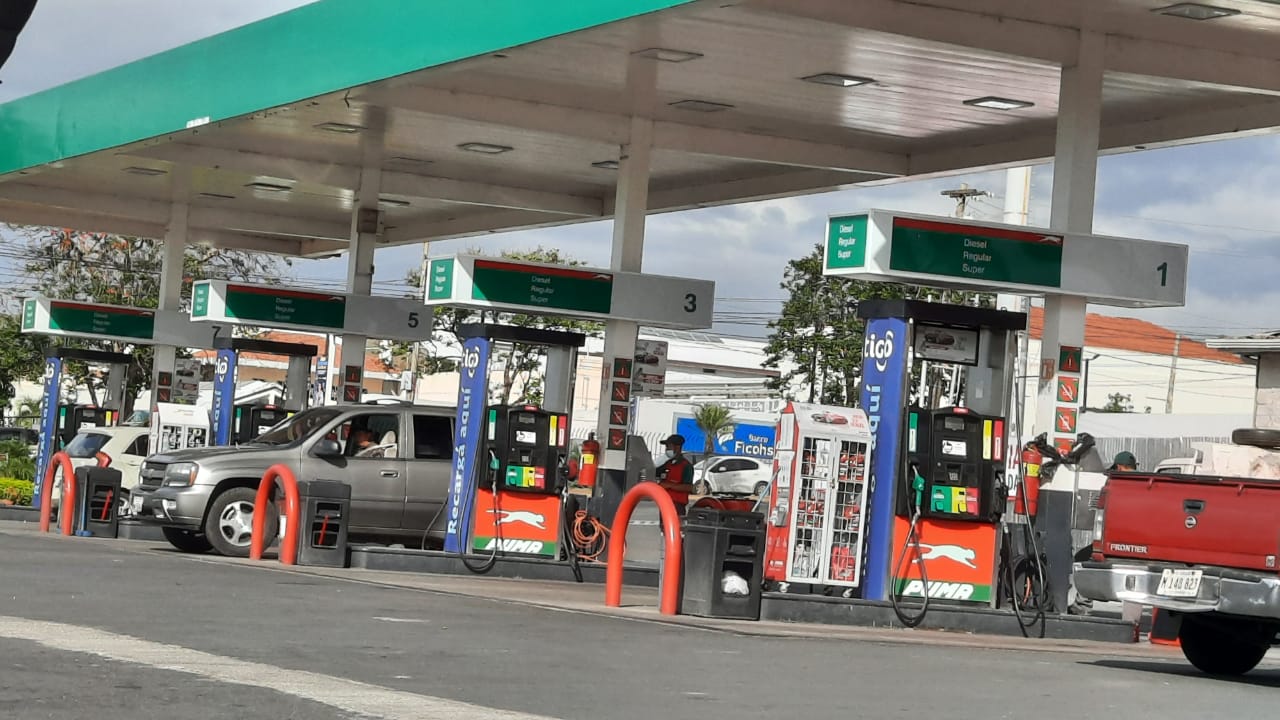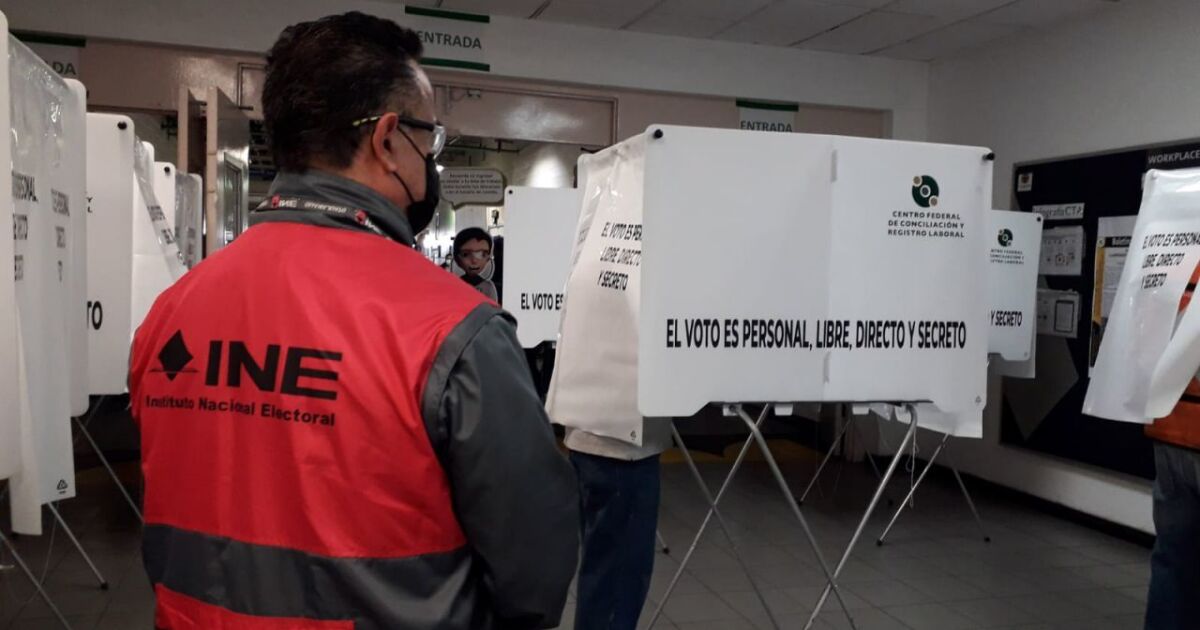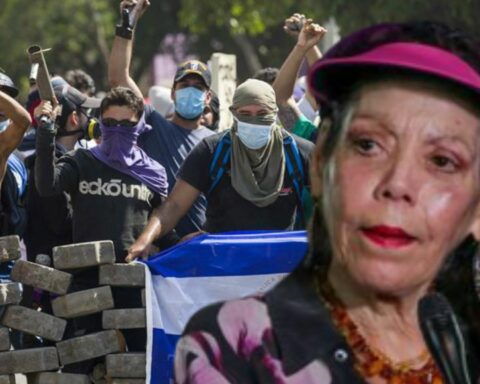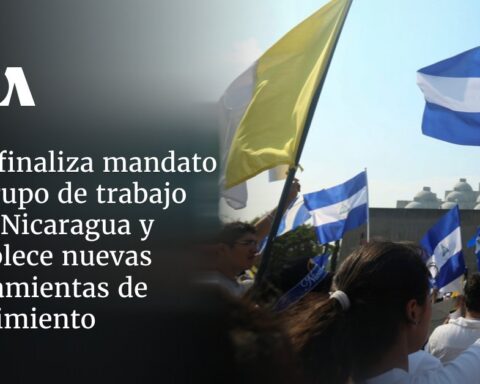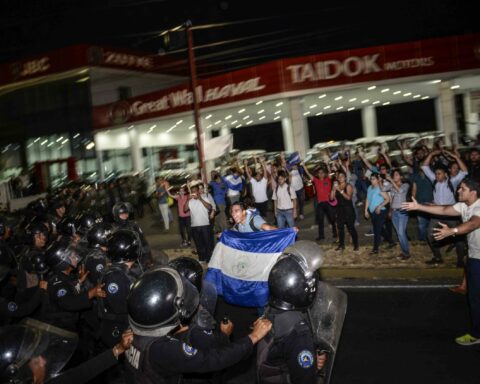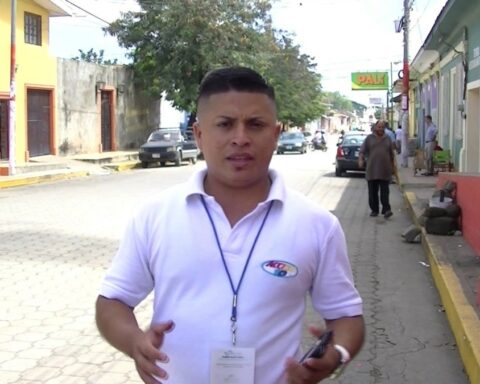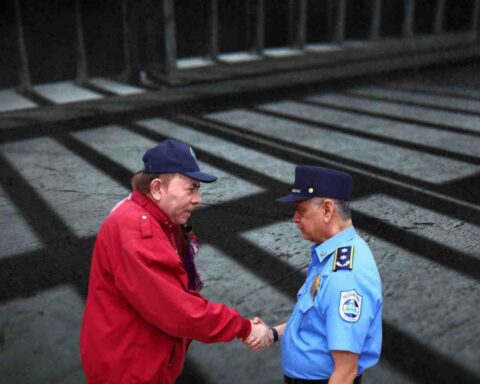For the fourth consecutive week, the Government of Nicaragua assures that it will “assume” the rise in fuels, as well as liquefied gas (for cooking) in all its presentations, although in reality what will happen is that it will keep the price frozen.
The news was announced by the Vice President of Nicaragua, Rosario Murillo, in her speech this Friday, April 29, through her propaganda media, once again anticipating the report of the Nicaraguan Institute of Energy (INE) and the Ministry of Energy and Mines, referring to the updating of fuel prices corresponding to the first to the seventh of May.
Related news: Murillo anticipates the INE and reports that fuel prices will remain frozen
“The INE and the Ministry of Energy and Mines are informing our people, on the instructions of our president (Daniel Ortega) that despite the international increases in oil costs, our government assumes 100% of the increases in gasoline. , in diesel and liquefied gas, “explained the deputy dictator.
He also emphasized that “above all” his dictatorship assumes the protection of life, of Nicaraguan homes and families. We will be listening to the colleagues from the energy cabinet at three in the afternoon, giving the full report, reading the statement.
Current fuel prices
In accordance with the decision of the Ortega dictatorship, gasoline and diesel would maintain the prices of the corresponding week from April 3 to 9, when the super gasoline Y regular increased 1.33 cordobas per liter.
For liter the super gasoline is currently trading at 49.03 cordobasregular 47.84 córdobas, while diesel, the most consumed fuel in the country, is bought from 43.16 cordobas.
Related news: Murillo anticipates the INE and reports that fuel prices will remain frozen
For gallonthe super gasoline it has a price of 185.57 cordobas, the regular 181.07 and diesel costs 163.36 cordobas. This week will remain the same, starting at zero hours on Sunday, April 24.
At what point is the “benefit” granted to Nicaraguans?
The economist Maikel Marenco explained to Article 66 that for the sake of the international context that is being experienced, with the increase in international oil prices, due to the issue of the war between Russia and Ukraine and due to the conflict that is taking place in the Middle East, it is “a benefit that they freeze prices”.
“However, the analysis is not given in such a brief way, because last year there was also a freeze in fuel prices, but it was done when international prices decreased and not when international prices were increasing,” explained the specialist.
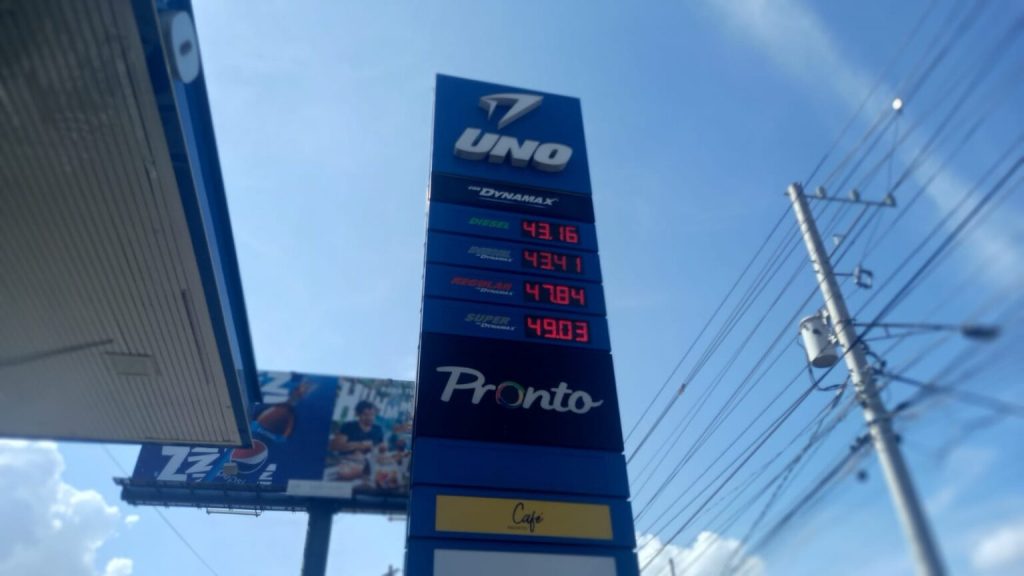
He also indicated that as in 2021, Ortega is freezing the prices when the cost of oil has decreased internationally. “At the end of the day (…) it is questioning how long prices will be frozen, is it done when a benefit is granted or is it done like last year where it rather limits the benefit that could exist?” Marenco questioned.
He also recalled that the issue of fuel prices is important because the entire economy of the country “is chained” and affects all Nicaraguans.
oil increase
As for the costs of oil, it was known that these suffered a rise. For this April 22, the price of brent oil it rose to $108.35 USD, up $1.09 (+1.02%) from 107.26 at Thursday’s close in London. As for the price of wti Oil, which is the reference for Nicaragua, this increases to 106.01 dollars.
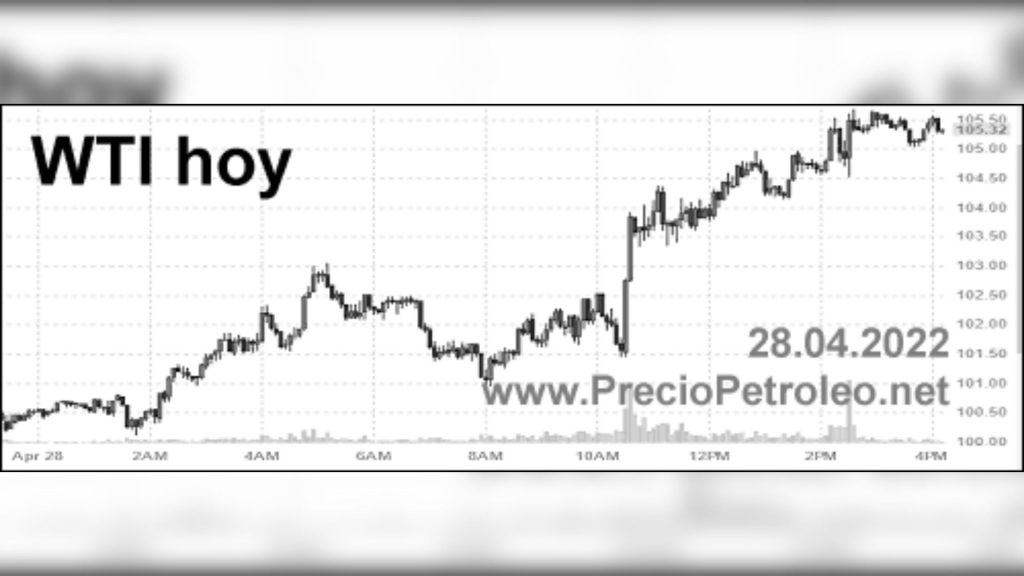
Despite the fact that in her speeches, the deputy dictator Rosario Murillo affirms that her regime “cares about the well-being of Nicaraguans,” citizens continue to resent the high cost of the basic food basket.

